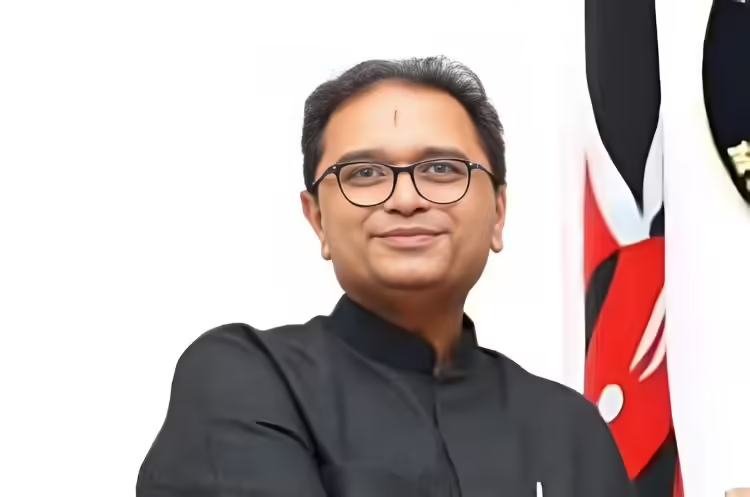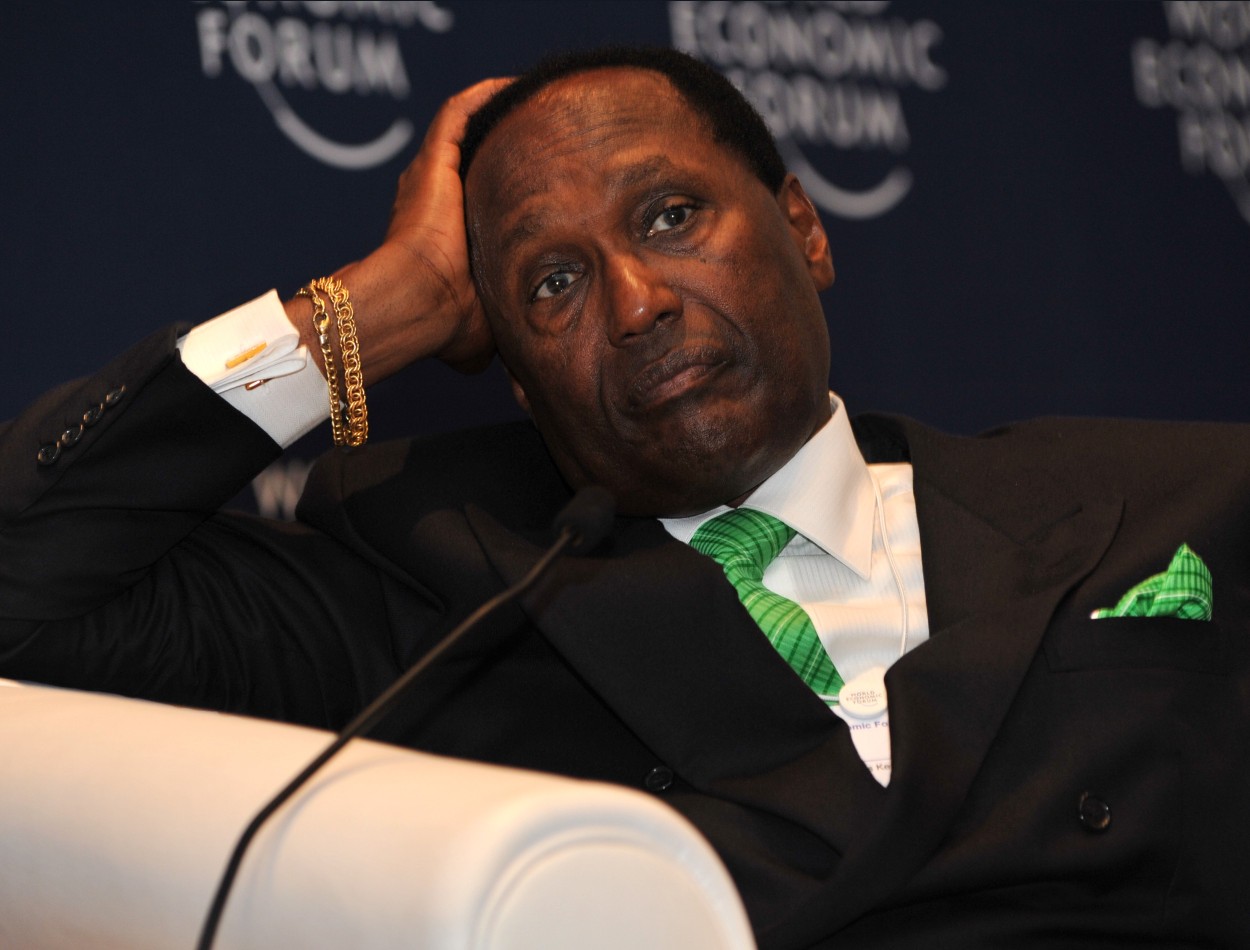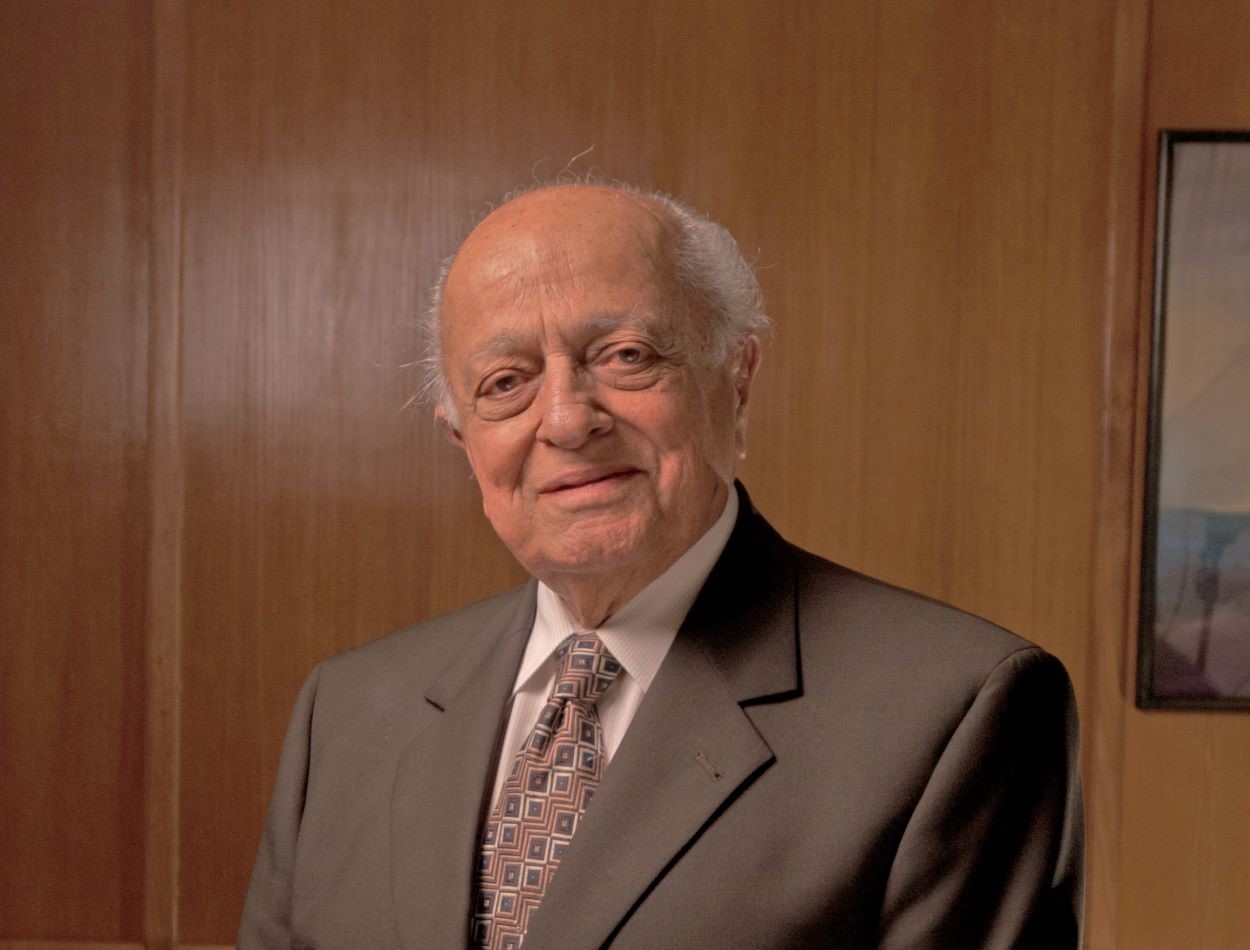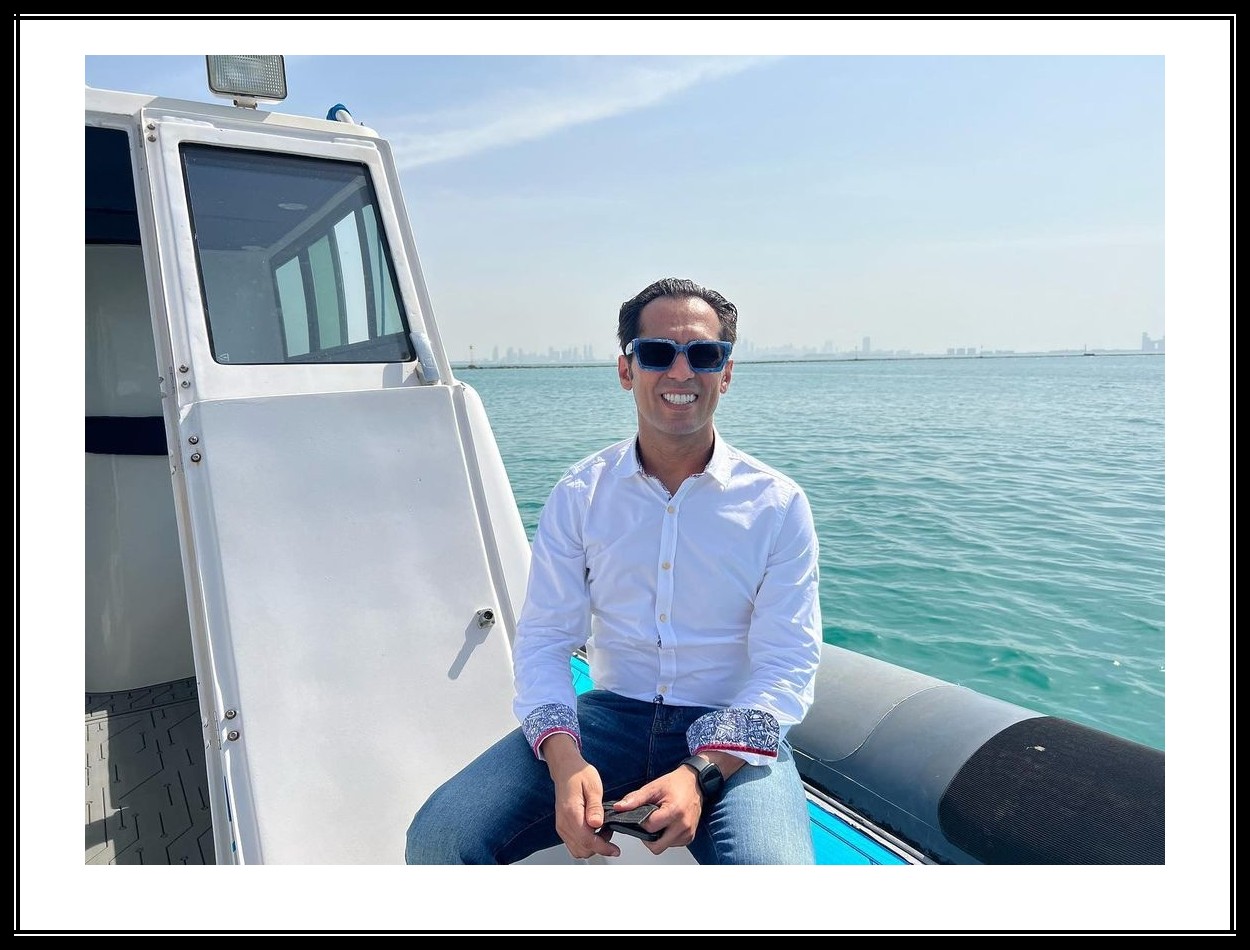For thousands of people from Kenya’s coastal region, Hasmukh Kanji Patel (Hasu Patel) was more than just an entrepreneur with a sprawling business empire. He was a person with a great heart, who shared his riches with thousands of poor people.
Messages expressing shock and goodwill to the family flooded social media pages when news of his passing broke. A billionaire with a heart of gold died, leaving tears in the eyes of many who benefited from his initiatives.
Aged 58, the billionaire dressed, fed and educated the poor in Kenya’s coast and in recent years Uganda. Something that earned him enemies in the political circles who thought he was angling for a political seat. At one point, the Mombasa County government suspended the operations of his charities, much to the anger of the beneficiaries.
People who knew his said that the billionaire wanted the best of his business, and did everything within his power to give back to the community that helped him rise to the top. Patel is survived by his wife and three children.
In a decorated ceremony that was held in September 1, the tycoon was cremated at a ceremony attended by friends and family. His final journey saw him seated on a decorated throne that was placed on an open truck. The truck made several stopovers throughout Mombasa city as part of the final rites.
Locals gathered to witness the unique sight and pay their last respects to Patel. According to a close relative, the late cement mogul wanted a humble farewell, reflecting the simplicity with which he lived.
“This kind of burial is rare in Kenya but common in India,” Naran Mepani, a religious leader of the Shree Swaminarayan Temple explained. “He was not just anyone; he was like a king… that’s why they are showering him with flowers at various temples. It’s a sign of respect. We have lost a king.”
“In our community, we honour extraordinary individuals with such processions to signify their importance. He was a king to the people, whom we call ‘Raja’ in our Swaminarayan community,” Mepani added.
ALSO READ: Mohamed Jaffer: The reclusive billionaire who control the flow of grains into East Africa
Who was Hasu Patel?
Patel was born in 1967 to Dhanbai and Kanjibhai Patel. His family was among the Asians that relocated from Uganda during the reign of dictator Idi Amin, fearing persecution, to Kenya.
The billionaire was the youngest among four siblings. According to Maneesh Media’s “Untold Stories,” Patel was “the dearest and most pampered” of the four. His family was very close-knit, with the Patel men working in the family business while their spouses raised the children together.
Patel attended Aga Khan Secondary School in Mombasa before pursuing higher education in the United Kingdom, where he earned a degree in Business Management from Kingston University. Upon his return to Kenya, he joined the family business.
Together with his elder brother Arvind, Patel expanded the family’s business footprint, including a successful venture into Uganda in 1995.
Mombasa Cement
In 2007, Patel founded Mombasa Cement Limited (MCL). Under his leadership, MCL grew into one of the leading cement producers in the region.
The company operates with an annual capacity of 5.6 million metric tonnes. Its facilities include a major cement manufacturing plant at Vipingo in Kilifi County, with a capacity of 1.0 million metric tonnes per annum, and a grinding plant with an annual capacity of 2 million metric tonnes in Athi River, Machakos.
In 2019, Mombasa Cement Ltd. (MCL) expanded its clinker capacity to 2.6 million metric tonnes and added a cement grinding plant at Vipingo. MCL is touted as the most technologically advanced and environmentally friendly cement producer in the region.
The company earned the prestigious Diamond Mark of Quality certification, an ode to the firm’s commitment to superior quality standards.
Further, through its subsidiary Nyumba Foundation, Mombasa Cement recently secured 53,000 acres of land at Galana Kulalu to cultivate sunflower, simsim, and Napier grass. The company has already completed a 30-kilometre canal and constructed 14 dams for this agricultural project, projected to cost Sh5 billion and create 1,300 jobs for Kenyans.
Last year, Mr. Patel announced that the first harvest is expected in 2025. Additionally, a biodigester and an edible oil refinery will be established to help reduce the cost of cooking oil in the country.
Patel’s business interests extended beyond Kenya; he was also a director at Tororo Cement Limited in Uganda. Furthermore, he headed Corrugated Sheets Limited, a company that has been operational in Kenya since its founding in 1958.
Philanthropist extraodinaire
Patel’s contributions to philanthropy are perhaps what he is most renowned for. His most publicized and notable project was the transformation of the Kibarani dumpsite in 2020.
At a cost of KES700 million, Patel converted the dumpsite into a recreational park.
This project involved extensive efforts to address environmental and safety concerns, including levelling the land, sealing gas outlets, and planting thousands of trees.
The park now features a 75-meter fountain and a vibrant array of plant species, such as Ashok trees, Bougainvillea, Sisal, and Jacaranda trees, enhancing Mombasa’s appeal as a tourist destination.
- Education and social welfare initiatives
Patel was a lover and believer in education. He was dedicated to education and social welfare initiatives that ensured the children in his locale achieved their full potential.
He established and supported several institutions, including Sahajanand Special School in Mtwapa, which serves over 1,000 learners with special needs, providing free education, accommodation, therapy sessions, and necessities.
He also founded the Sahajanand Feeding Centre in 2008, which supports over 40,000 impoverished individuals by providing daily meals.
Additionally, Patel managed one of the largest primary schools in Kenya, catering to over 3,200 pupils from underprivileged backgrounds, and the second-largest secondary school in the Coast region.
- Supporting the vulnerable
Beyond education, Patel always stepped in whenever someone was in need. For instance, on several occasions, he paid hospital bills for patients unable to afford medical care.
A notable example was in 2013 when he cleared a KSh 2.2 million bill for 50 patients at the Coast General Hospital.
He was also involved in providing clean water to slum areas daily.
Additionally, the late tycoon often supported persons with disabilities (PWDs) by paying house rent, offering monthly stipends, and sponsoring sports and educational activities. Over 600 PWDs in Mombasa directly benefited from his charitable work.
Patel also assisted cash-strapped bereaved families by covering the funeral and burial expenses of their loved ones.
Sources say that most evenings, the magnate would sit outside Samaj Temple along Haile Selassie Avenue, listening to the needs of ordinary people seeking assistance. He would then instruct his staff to provide food and financial aid, often declining repayment, expressing that his true happiness came from giving back to the community.
It is believed that the tycoon spent KSh 1.6 billion annually on corporate social responsibility initiatives.
It therefore goes without saying that his death left a void in many who loved and depended on him.
Patel’s woes
Patel’s life, career, and legacy were not without challenges. As is the case with many billionaires, he faced resistance and opposition from time to time from certain quarters.
For instance, in May 2023, Patel threatened to transfer all beautification projects from Mombasa to Kilifi after a controversial memo from Mombasa County directed Coast General Hospital not to accept direct cash donations. The county later clarified that the directive aimed to streamline hospital bill payments and curb corruption.
Patel also dealt with land disputes, including claims on his KES68 million property in Vipingo, which the National Land Commission affirmed belonged to him.
Even within his family, the tycoon faced disputes. In recent years, he was embroiled in a family succession dispute involving his late brother Arvind’s estate.
The legal battle centred around the validity of Arvind’s will, which Patel was appointed to execute, and the distribution of his substantial assets.
Moza Abdillahi, who had two children with Arvind Patel, challenged the will, claiming it was forged and accusing Patel of unfairness in handling the estate. Following Patel’s sudden demise, the fate of the dispute remains unknown.
What next?
Patel’s passing has left many of his philanthropic ventures in limbo.
Although his family and close associates have pledged to continue his legacy of generosity and community development, Patel’s beneficiaries worry that the mogul’s CSR initiatives that offered them a lifeline may soon come to an end, leaving them stranded.
ALSO READ: Yusuf Manji: The rise, fall, and legacy of a Tanzanian dollar millionaire






